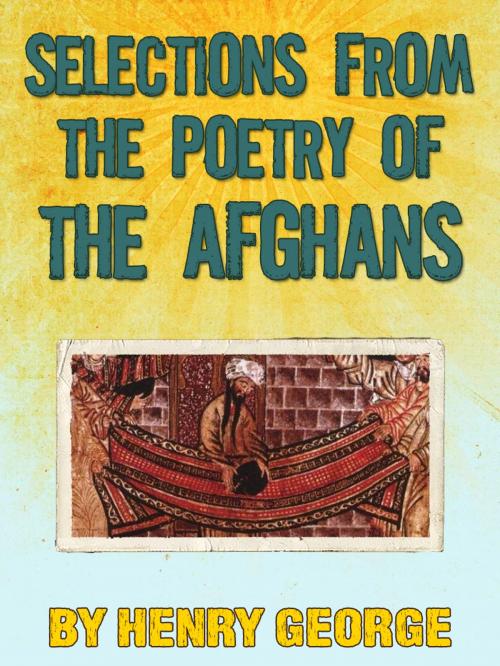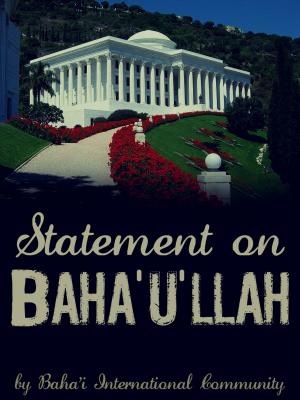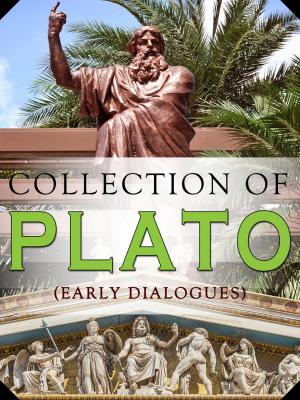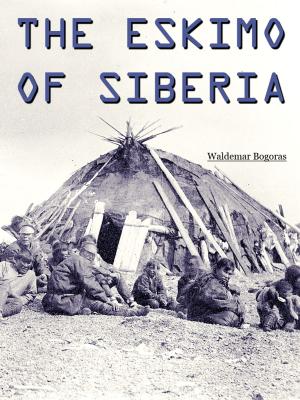Selections from the Poetry of the Afghans
Fiction & Literature, Literary Theory & Criticism, Asian, Middle Eastern, Poetry, Inspirational & Religious| Author: | Henry George Raverty | ISBN: | 1230000037061 |
| Publisher: | AppsPublisher | Publication: | December 6, 2012 |
| Imprint: | Language: | English |
| Author: | Henry George Raverty |
| ISBN: | 1230000037061 |
| Publisher: | AppsPublisher |
| Publication: | December 6, 2012 |
| Imprint: | |
| Language: | English |
Selections from the Poetry of the Afghans
by H. G. Raverty
Anthology of later Sufi poets from Afghanistan, many translated directly from rare manuscripts.
"It must be remembered, that these poems are the effusions of men who never enjoyed any of what we call the luxuries of life; yet how refined are the generality of their sentiments! Of men who lived in a state, such as our own Borderers lived in, five hundred years ago, in violence and in strife, and whose descendants live so still; yet how exquisitely pathetic are many of their poems, and how high-souled and benevolent their sentiments and ideas! Inhabiting a fine country, with grand and lofty mountains, and green and fertile valleys, but with nought more than the bare necessaries of life attainable, how simple and how perfect are their similes, and how true to nature! What a patriotic ardour; what a true spirit of freedom, and a love of country, much of their poetry displays! "
This is an anthology of English translations of Pushto poets from the 16th century on. Most, if not all, of these poets are Sufi. They utilize the poetic vocabulary of Sufiism: the tavern, the wine, the flowers, etc., all actually technical terms describing the soul's progression on the mystical path towards God. Raverty's introductory essay, "Remarks on the Mystic Doctrine and Poetry of the Sufis" provides a skeleton key to the symbology.
Selections from the Poetry of the Afghans
by H. G. Raverty
Anthology of later Sufi poets from Afghanistan, many translated directly from rare manuscripts.
"It must be remembered, that these poems are the effusions of men who never enjoyed any of what we call the luxuries of life; yet how refined are the generality of their sentiments! Of men who lived in a state, such as our own Borderers lived in, five hundred years ago, in violence and in strife, and whose descendants live so still; yet how exquisitely pathetic are many of their poems, and how high-souled and benevolent their sentiments and ideas! Inhabiting a fine country, with grand and lofty mountains, and green and fertile valleys, but with nought more than the bare necessaries of life attainable, how simple and how perfect are their similes, and how true to nature! What a patriotic ardour; what a true spirit of freedom, and a love of country, much of their poetry displays! "
This is an anthology of English translations of Pushto poets from the 16th century on. Most, if not all, of these poets are Sufi. They utilize the poetic vocabulary of Sufiism: the tavern, the wine, the flowers, etc., all actually technical terms describing the soul's progression on the mystical path towards God. Raverty's introductory essay, "Remarks on the Mystic Doctrine and Poetry of the Sufis" provides a skeleton key to the symbology.















